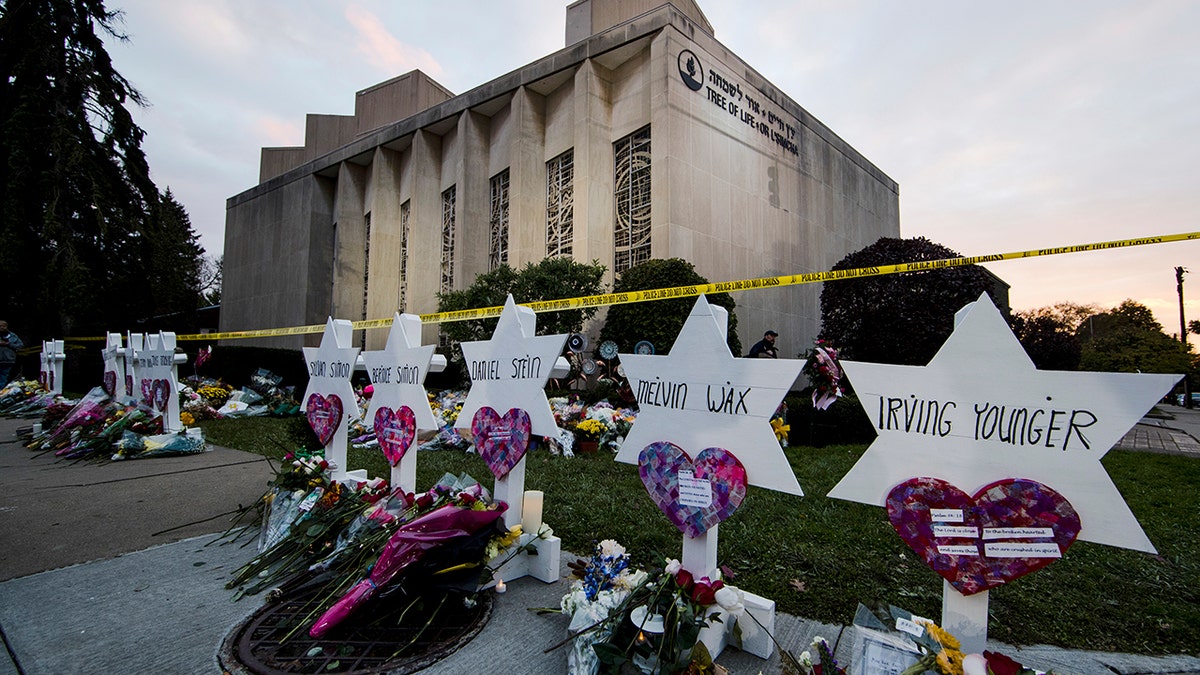Following Robert Bowers' conviction on 63 counts for the deadliest antisemitic attack in U.S. history, the trial has moved into the sentencing phase. A jury in federal court will now determine whether Bowers receives the death penalty or life imprisonment without parole for the murder of 11 worshippers at the Tree of Life synagogue in 2018.
Prosecutor Troy Rivetti emphasized the gravity of Bowers' crimes, stating, "He came to kill. The defendant entered the Tree of Life synagogue, a sacred place to gather and pray, and he murdered 11 innocent worshippers." The sentencing phase is anticipated to last four weeks or more, exceeding the three weeks required for the trial itself.
Bowers' attorneys have acknowledged his guilt from the outset, focusing their efforts on securing a life sentence. Their defense strategy is expected to center on Bowers' mental health, citing schizophrenia, epilepsy, and brain impairments.
The case has brought renewed attention to the death penalty, particularly in light of its increased use during the Trump administration. While President Biden has expressed his opposition to capital punishment and Attorney General Merrick Garland has paused federal executions, prosecutors are still pursuing the death penalty in eligible cases like Bowers'.

The attack on October 27, 2018, targeted members of three congregations—Dor Hadash, New Light, and Tree of Life—during Sabbath services. Bowers, a 50-year-old truck driver, also injured two other worshippers and five police officers. His online activity and statements at the scene revealed a deep-seated hatred toward Jews, fueled by conspiracy theories about Jewish refugee aid organizations.
While Bowers' attorneys had previously offered a guilty plea in exchange for a life sentence, prosecutors declined. The majority of the victims' families support the pursuit of the death penalty. The prosecution presented extensive evidence during the trial, including survivor testimonies, 911 calls, and crime scene photos. The defense offered a minimal counter-argument, suggesting Bowers' actions were motivated by a delusional belief rather than religious hatred.
The sentencing will proceed in two stages. First, the jury must unanimously agree that the crime is eligible for the death penalty. If so, they will then determine the sentence. To establish eligibility, the prosecution must demonstrate intent and at least one aggravating factor. They plan to highlight Bowers' premeditation, the vulnerability of his victims, the multiple deaths, and the risk to others.
Should the jury find Bowers eligible, the focus will shift to mitigating factors. The defense is expected to present evidence regarding Bowers' mental state and childhood experiences. Ultimately, the jury will have to weigh the aggravating and mitigating factors to reach a unanimous decision on the death penalty.
Comments(0)
Top Comments